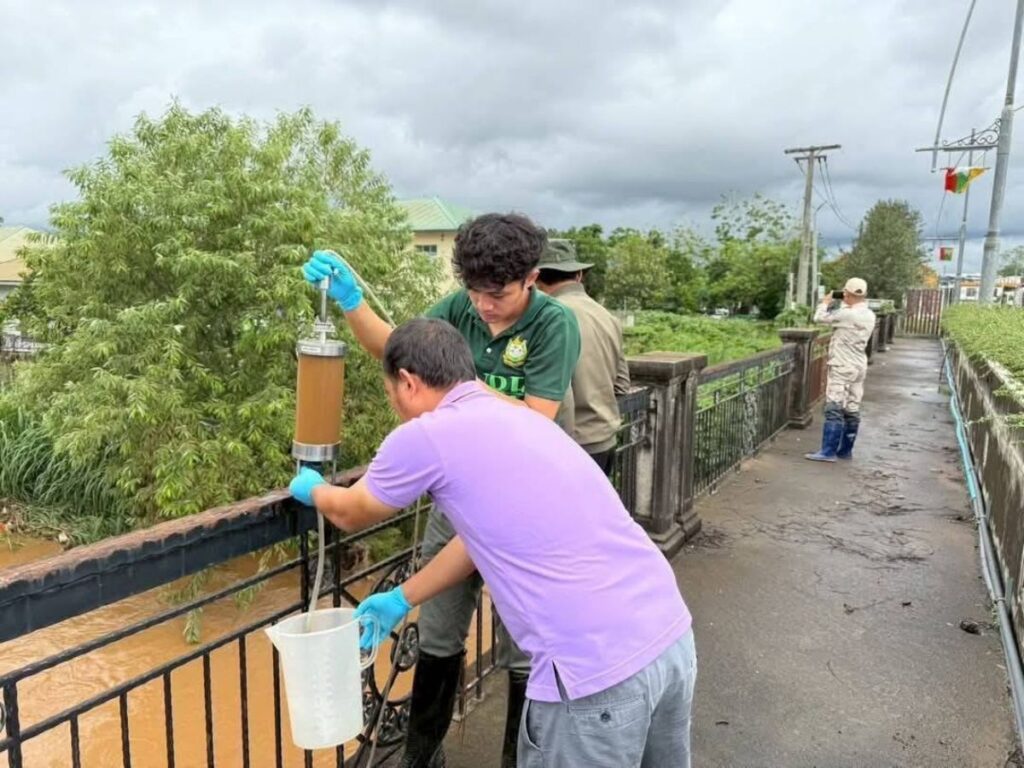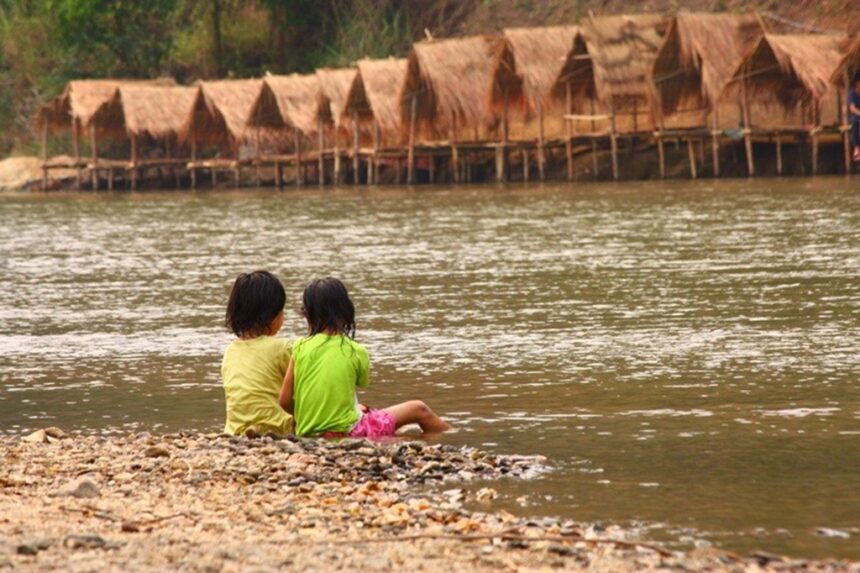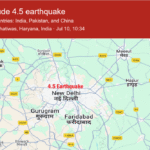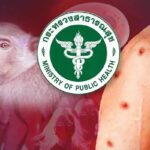CHIANG MAI – The Department of Health in Thailand has dismissed reports that two children playing in the Kok River in Chiang Mai were found with unsafe levels of arsenic in their bodies.
Concerns have grown about possible heavy metal pollution linked to mining across the border in Myanmar.
Amporn Benjaponpitak, who leads the department, explained that 15 people living in affected areas of Chiang Mai and Chiang Rai provided urine samples for testing. The group included children as young as three and adults over 60.
She confirmed that none of these tests showed arsenic levels above the safety limit of 100 microgrammes per litre. The checks took place in two rounds, with 10 samples collected in early May from Mae Ai in Chiang Mai and Muang in Chiang Rai.

Another five samples from Mae Ai followed later that month. The highest arsenic reading reached almost 70 microgrammes per litre.
Dr Amporn highlighted the accuracy of the department’s laboratory. She said that if anyone tested above the safety threshold, the department would report it straight away and not hide the results. She added that the team will keep checking for other risks, such as lead and cadmium, and is ready to increase testing if needed.
She believes the sample size is large enough to give a clear picture of the current situation.
Her comments come after social media posts claimed two children from the Kok River area had dangerous arsenic levels. Recent checks by the Department of Pollution Control did find high levels of heavy metals in water and sediment from the Kok and Sai rivers.
As a result, authorities have told people not to use this water.
A study by Thailand Science Research and Innovation (TSRI) reported that 70 per cent of the pollution in the Kok River comes from rare-earth mining, while 30 per cent comes from gold mining operations in Myanmar.














